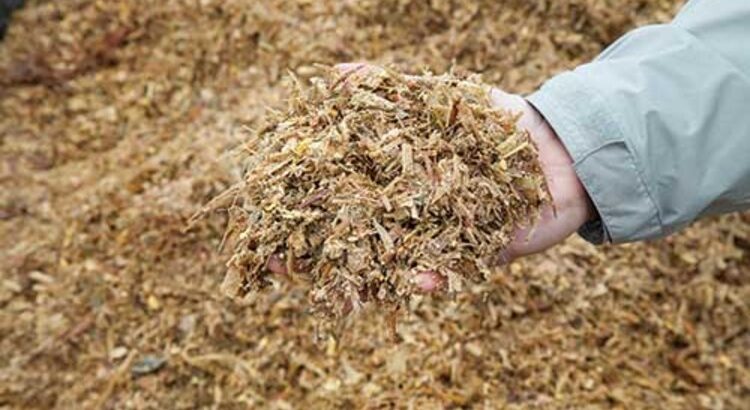Preparing bales of silage is a common practice for saving excess fodder for your cattle. Unfortunately, some of the silage is likely to spoil before use. From wrapping the bales with silage film to keeping pests away, here are some of the best tips for reducing spoilage.
Wrap Your Bales of Silage Immediately
Baling your silage right away helps reduce exposure to air. Silage is pasture grass that has been preserved through fermentation to provide fodder for animals. It starts spoiling soon after picking, especially when exposed to air and moisture.
Using a film wrap immediately shields the bales from the environment. This is especially important when the bales remain in open areas of the field without protection.
Use Thick Film and Patch Holes Quickly
Using a thin film to wrap your silage increases the risk of tears and holes that can allow bugs and moisture to penetrate the grass. Always patch holes quickly to keep bugs and water away. Any tear can increase the rate of deterioration of the silage.
Using a thicker film can provide greater protection. Look for a film with a thickness of at least 25 micrometers (μm).
Look for an Opaque Silage Wrap
The film that you use should have an opaqueness that shields the silage from sunlight. Exposure to the sun promotes the degradation of the silage after picking, which is why indoor storage works best.
When you lack the space to store everything inside, you can protect your fodder with a film that blocks the sunlight. An opaque film helps slow the fermentation process and keeps your silage fresh for longer.
Keep Other Animals Away from Your Silage
Dogs, cats, and even birds can damage silage. Make every effort to keep pets and pests away from the silage. This may involve using fencing or netting around the area where you store your silage. Using bird deterrents can also offer added protection.
Frequently check your silage. Along with holes and damage to the wrap covering the silage, you should look for any signs of spoilage. If some of the bales are starting to spoil faster compared to others, you may be able to find the cause of the spoilage and correct it before it spoils more fodder.
For example, you may find that some of your bales sit in an area with a lower elevation that tends to fill up with water after heavy rainfall.





